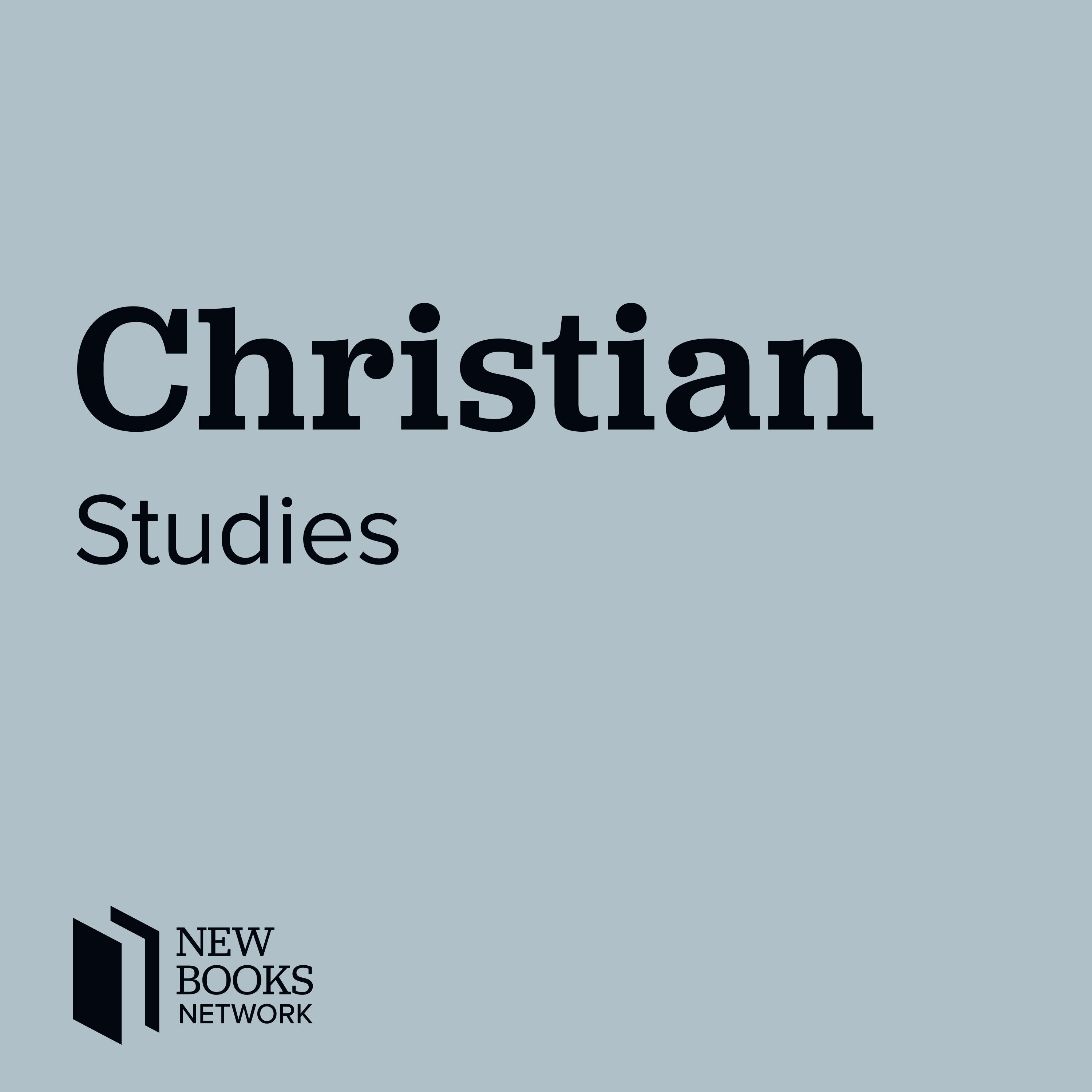Jacob L. Wright, "Why the Bible Began: An Alternative History of Scripture and Its Origins" (Cambridge UP, 2023)
Description
Why did no other ancient society produce something like the Bible? That a tiny, out of the way community could have created a literary corpus so determinative for peoples across the globe seems improbable. For Jacob Wright, the Bible is not only a testimony of survival, but also an unparalleled achievement in human history. Forged after Babylon's devastation of Jerusalem, it makes not victory but total humiliation the foundation of a new idea of belonging. Lamenting the destruction of their homeland, scribes who composed the Bible imagined a promise-filled past while reflecting deeply on abject failure. More than just religious scripture, the Bible began as a trailblazing blueprint for a new form of political community. Its response to catastrophe offers a powerful message of hope and restoration that is unique in the Ancient Near Eastern and Greco-Roman worlds.
Wright's Bible is thus a social, political, and even economic roadmap - one that enabled a small and obscure community located on the periphery of leading civilizations and empires not just to come back from the brink, but ultimately to shape the world's destiny. The Bible speaks ultimately of being a united yet diverse people, and its pages present a manual of pragmatic survival strategies for communities confronting societal collapse. Why the Bible Began: An Alternative History of Scripture and Its Origins (Cambridge University Press, 2023) is a tour de force.
Jacob L. Wright is Associate Professor of Hebrew Bible at the Candler School of Theology, Emory University.
Caleb Zakarin is the Assistant Editor of the New Books Network.
Learn more about your ad choices. Visit megaphone.fm/adchoices
Support our show by becoming a premium member! https://newbooksnetwork.supportingcast.fm/christian-studies
More Episodes
How do we know what we know about the origins of the Christian religion? Neither its founder, nor the Apostles, nor Paul left any written accounts of their movement. The witnesses' testimonies were transmitted via successive generations of copyists and historians, with the oldest surviving...
Published 04/30/24
Published 04/30/24
The defining feature of this textbook is the treatment of classical and New Testament Greek as one language using primary sources. All the example sentences the students will translate are real Greek sentences, half of which are taken from classical literature and philosophy and half of which are...
Published 04/27/24


